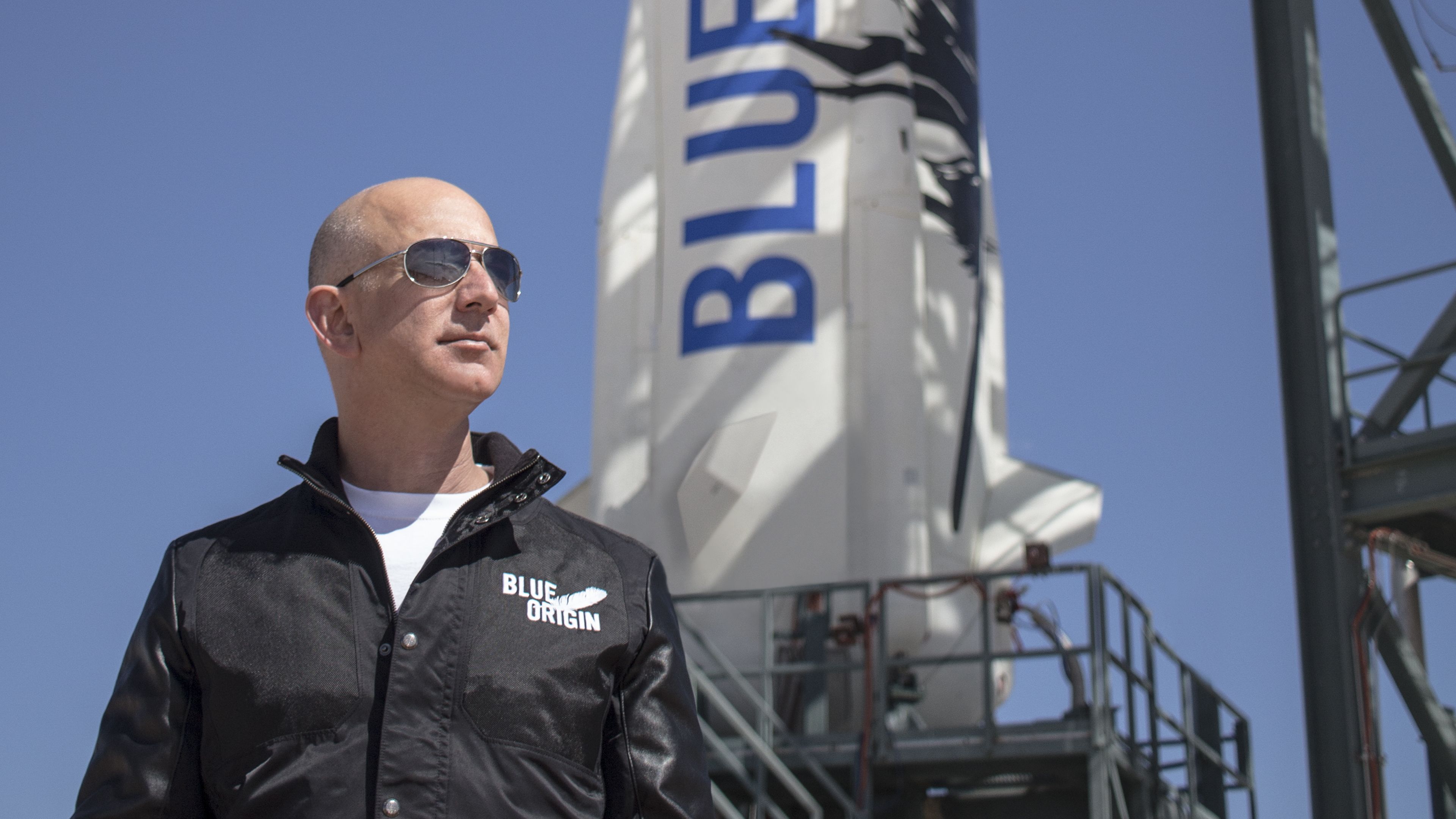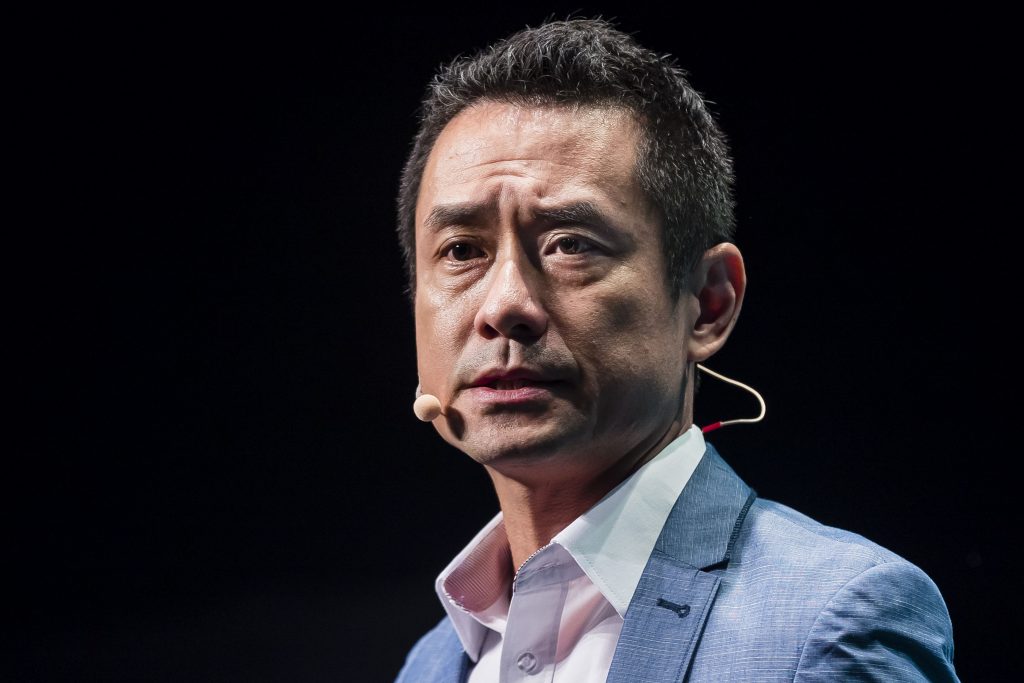
Jeff Bezos, founder of Amazon and Blue Origin speaks during the JFK Space Summit, celebrating the 50th anniversary of the moon landing, at the John F. Kennedy Library in Boston, June 19, 2019.
Katherine Taylor | Reuters
When your hairdresser or barber asks if you are going anywhere nice for your holidays, perhaps you can soon say Mars or Venus rather than Mallorca or Ibiza.
Saturday, July 20, marks the 50th anniversary of when Neil Armstrong and Buzz Aldrin touched Apollo 11 down on the moon. Six hours later, Armstrong took one small step for (a) man.
Now, five decades later, famous billionaires are backing different projects to make space a viable destination for anyone willing to go a little further than the local beach.
Amazon.com founder and CEO Jeff Bezos might have gotten a very expensive divorce recently, but most estimates still put him as the richest man in the world.
His deep pockets help fund independent space venture, Blue Origin, which is building a rocket with a passenger capsule housing six seats and large windows to view the curvature of the Earth.
Anyone can reserve a seat on the website already, although actual take-off dates have yet to be announced and prices aren’t known.
Meanwhile the U.K.’s own Richard Branson has gone a step further, already selling 600 tickets at a cool $250,000 a pop. In February, Branson’s VSS Unity ship made it into space, defined as 100 kilometres above Earth.
Virgin Galactic’s VSS Unity comes in for a landing after its suborbital test flight on December 13, 2018, in Mojave, California.
Gene Blevins | AFP | Getty Images
The third “space whale” is Elon Musk and his company SpaceX. Musk’s efforts have so far been much less about tourism and more about cargo missions. However, Musk has said it would be “pretty cool” if people paid to go to space on his recently unveiled Crew Dragon spaceship.
Private citizens have already been to space on Russia’s Soyuz spacecraft. American businessman, Dennis Tito, paid a reported $20 million in 2001 to become the world’s first space tourist when he flew to the International Space Station.
Researchers at the Swiss bank UBS say the space tourism economy is no flight of fancy and estimate it will become an $800 billion industry by 2030.
In a research paper published March this year, UBS claims that those interested in space can now pay as little as $5,000 for a zero-gravity experience on a traditional plane, but priced a future trip to the moon at $150 million.
The bank also sees space tourism as a stepping stone toward the development of long-haul travel between two spots on Earth, allowing for a huge reduction in current flight times that take 10 hours and longer.
In 2018, SpaceX said it wanted to build an international travel service within 10 years that could reach any location on Earth within an hour.
Speaking at a TED talk, the firm’s chief operating officer said its Big Falcon Rocket could carry 100 passengers and even priced the cost per seat somewhere between economy and business class.
So you could get that haircut but still make New Zealand in time for dinner.
For more insight from CNBC contributors, follow @CNBCopinion on Twitter.

